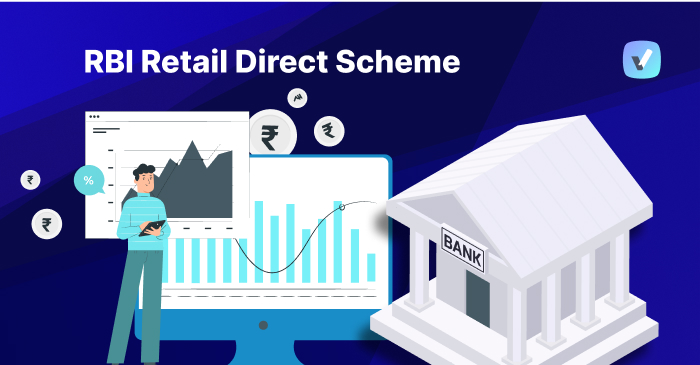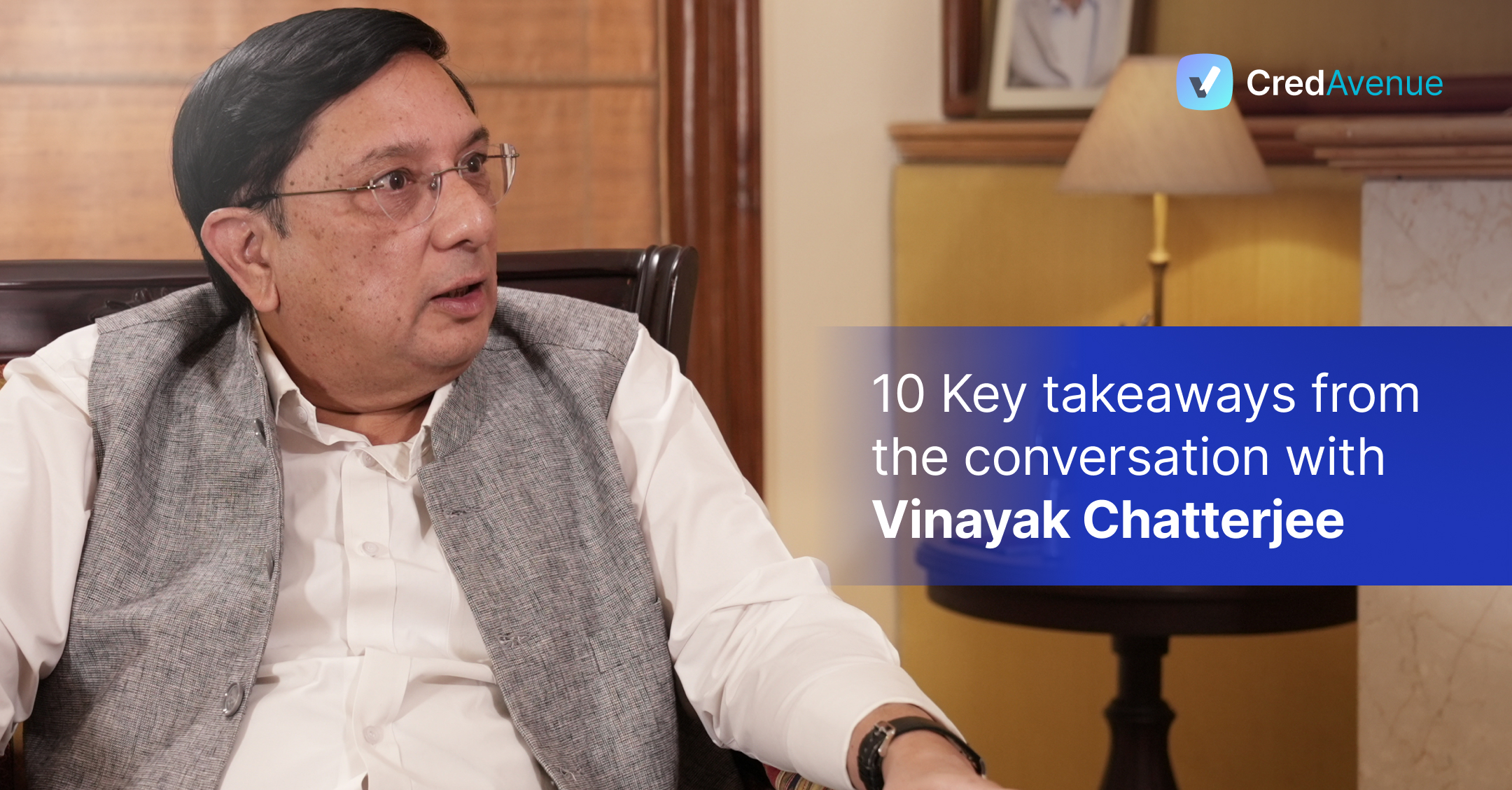
Prime Minister Modi launched the RBI Retail Direct Platform on Friday November 12,2021. The Platform allows retail customers to invest easily in government bonds.
As part of continuing efforts to increase retail participation in government securities, ‘the RBI Retail Direct’ facility was first announced in the Statement of Developmental and Regulatory Policies dated February 05, 2021, to improve the ease of access by retail investors to the government securities market – both primary and secondary – along with the facility to open their gilt securities account (‘Retail Direct’) with the RBI.
So how does the Platform work and how do investors buy these bonds? Let us dive in.
In India, the first government borrowing was made in 1867, for the purposes of railroad construction. Since then, the government has borrowed for all manner of expenditures.
But why do governments need to borrow when it taxes its citizens? The answer is simple – governments need to borrow for financing public institutions, welfare activities and capital expenditure when the tax collections are not enough to finance these.
At the end of FY2021, the government borrowing stood at 60.5% of the GDP. This was a significant increase from FY20 when it was at 51.6%. A predominant reason for the same were outlays for the relief measures that the government needed to announce in the face of one of the greatest crisis of our lifetime in the form of Covid -19 pandemic.

The increase in debt levels means the government is looking for alternative routes to finance its debt. One way of doing the same is to issue dollar bonds. However, it is always a risky proposition to borrow in foreign currency, and it comes with its own set of problems. Another alternative is it find a way to channel the massive savings of a growing country to finance public debt. And that is exactly what the government is trying to do, by making it simple for retail investors to invest in government bonds directly. Simple easy and transparent processes can lead to quicker adoption of services and scale up the program quickly.
So how does an individual investor go about investing in the Government bonds?
- Open Retail Direct Gilt (RDG) Account
RDG Account can be opened through the ‘Online portal’ (https://rbiretaildirect.org.in). The ‘Online portal’ will also give the registered users the following facilities:
- Access to primary issuance of Government securities: Primary issuance is the market where the government borrows by issuing bonds
- Access to NDS-OM. NDS OM is a platform for buying and selling Government securities. This allows an investor to liquidate his investments through secondary market trade in case he needs liquidity.
How do you set up RDG Account?
Setting up RDG account is a simple process, and the entire process can be completed online.
Below are the requirements to open the account.
- Rupee savings bank account in India;
- Permanent Account Number (PAN) issued by the Income Tax Department;
- Any OVD for KYC purpose;
- Valid email id
- Registered mobile number.
Opening account consists of 2 Steps
A. Registration
Go to https://rbiretaildirect.org.in and register using your basic details


B. KYC Process
Complete the KYC process online. You will need the scans of the below documents to complete the KYC Process
- Cancelled Cheque
- Voting Card/Aadhar/Driving License/Passport
- Signature
- Aadhar number for OTP linked verification

Once you complete the process it will take some time for the account to be created. The login credentials of your account would be mailed to you directly.
- Investment Process
Primary market participation
- Participation and allotment of securities will be as per the non-competitive scheme for participation in primary auction of government securities and procedural guidelines for SGB issuance. (SGBs are government securities denominated in grams of gold. They are substitutes for holding physical gold. Investors have to pay the issue price in cash and the bonds will be redeemed in cash on maturity. The Bond is issued by Reserve Bank on behalf of Government of India)
- Only one bid per security would be permitted. On submission of the bid, the total amount payable will be displayed.
- Payment to the aggregator / receiving office can be made through either of the following ways:
- Using the net-banking/UPI facility from the linked bank account, whereby funds will be debited at the time of submission of bids on the portal.
- Using the UPI facility, whereby funds in the linked bank account can be blocked at the time of submission of bids on the portal which will be debited from this account on successful allotment in the auction. Similar facility through banks will be made available in due course.
- Refund, if any, will be credited to the investor’s bank account as per the timelines specified by the aggregator.
- Allotted securities will be issued to the investors by credit to their RDG Account on the day of settlement.



Secondary market transaction-NDS-OM
Registered investors can access the secondary market transaction link on the online portal to buy or sell government securities through NDS-OM (odd lot segment/RFQ).
Buy
- Payment can be made through either of the following ways:
- Before start of trading hours or during the day, the investor should transfer funds to the designated account of CCIL (Clearing corporation of NDS-OM) using net-banking/UPI from the linked bank account. Based on actual transfer/success message, a funding limit (Buying Limit) will be given for placing ‘Buy’ orders. At the end of the trading session, any excess funds lying to the credit of the investor will be refunded.
- Using the UPI facility, whereby funds in the linked bank account can be blocked at the time of placing order which will be debited from this account on the day of settlement. Similar facility through banks will be made available in due course.
- Securities purchased will be credited to the RDG Account on the day of settlement.
Sell
- Securities identified for sale will be blocked at the time of placing order till the settlement of the trade.
- Funds from the sale transactions will be credited to the linked bank account on the day of settlement.
Please check out the FAQs section and the Tour section of the RBI Direct website for more information.
What are benefits of investing in G-Sec?
Well, they are the safest form of investment and default-free. This means that the investor is assured of getting the money back on the due date. G-Sec are also the most liquid debt instruments in case an investor needs to liquidate the security at any point of time.
Investment in G-Sec could be an attractive alternative to investments in bank fixed deposits or liquid mutual funds where the returns are marginally lower. Also, direct investments in gilts may be preferrable over investment through another pooling vehicle like mutual funds due to lower opex.
Is there any downside of investing in G-Sec?
Government yields today are at the lowest levels in decades. After factoring inflation, the real returns to the investor could well be in negative territory. Also, the price of the G-sec may come down due to increase in interest rates – the interest rates bottomed out some time back, and the rate cycle has started to reverse. Also, going through mutual fund route (investing in gilt funds) could be the preferred option for investors in higher tax brackets (than investing direct) due to the indexation benefit available (if the holding period is more than 3 years).
While some portion of the investments could be routed to government securities, it may be prudent for retail investors to keep a diversified portfolio of financial investments – including investments in equity, corporate bonds, mutual funds/ ETFs, insurance products, and digital gold – to meet their financial goals depending on their risk appetite and investment horizon.
Final Verdict
Retail investors have finally been given access to a market that was hitherto open to only select investor categories earlier like banks and other institutional investors. Also, the process of investing and trading in government securities has been kept simple, transparent, and secure.
This is a good initiative by the government and RBI – it provides an effective tool to mobilize copious amounts of funds without needing to go to offshore markets. Investors get an opportunity to directly contribute to various welfare schemes of the government and participate in the India growth story.




